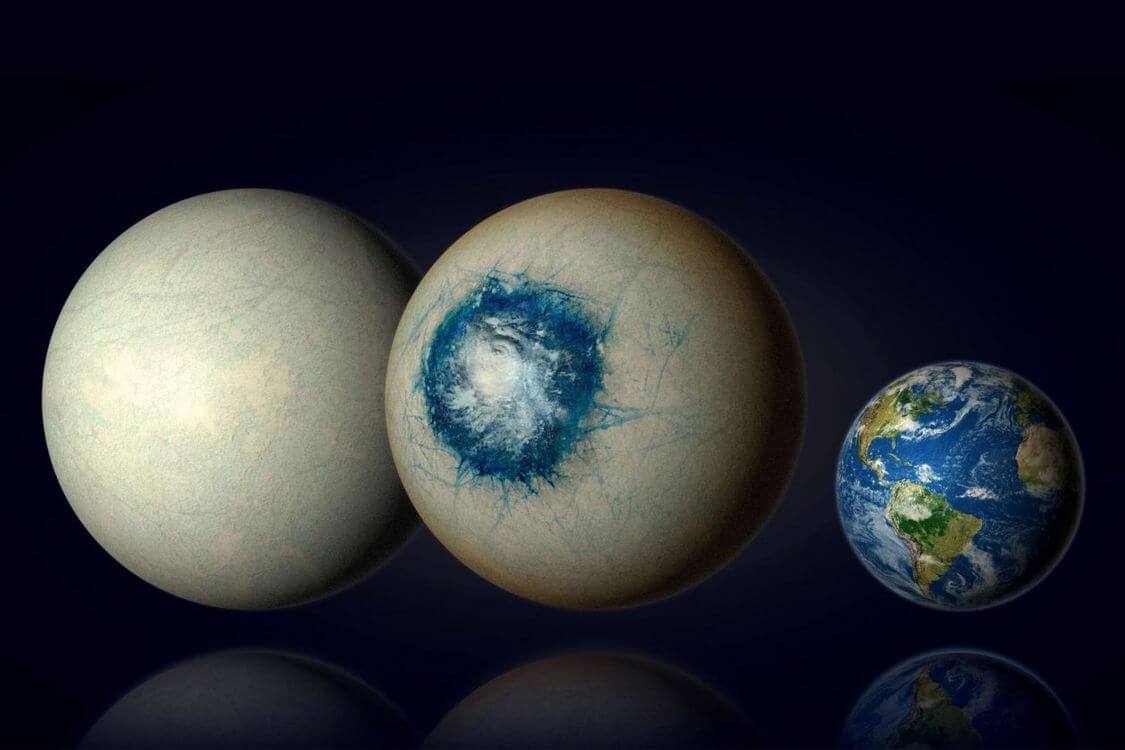
Researchers at the University of Montreal believe a vast ocean on exoplanet LHS 1140 b may be teeming with alien life.
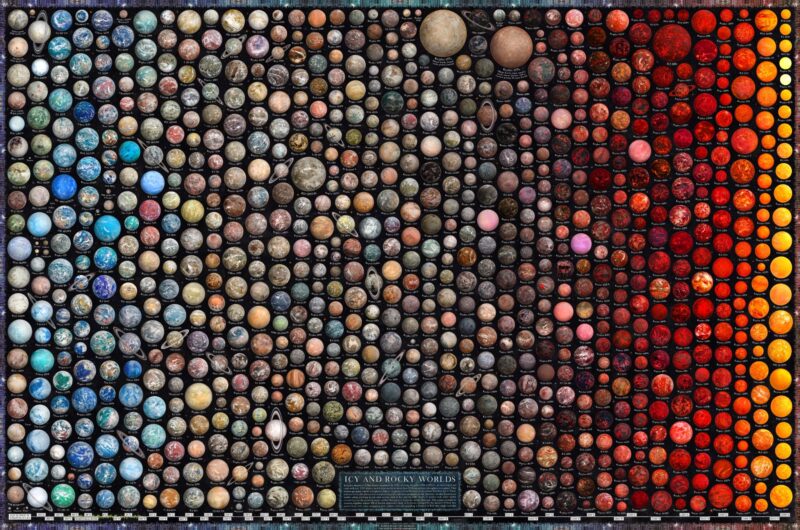
Martin Vargic illustrated more than 1,100 exoplanets based on astronomical discoveries. His art is a attempt to artistically visualize and compare thousands of exoplanets of all types and sizes according to observational data.

A NASA catalog featuring 126 exotic, newly discovered worlds includes detailed measurements that allow for comparisons with our own solar system.
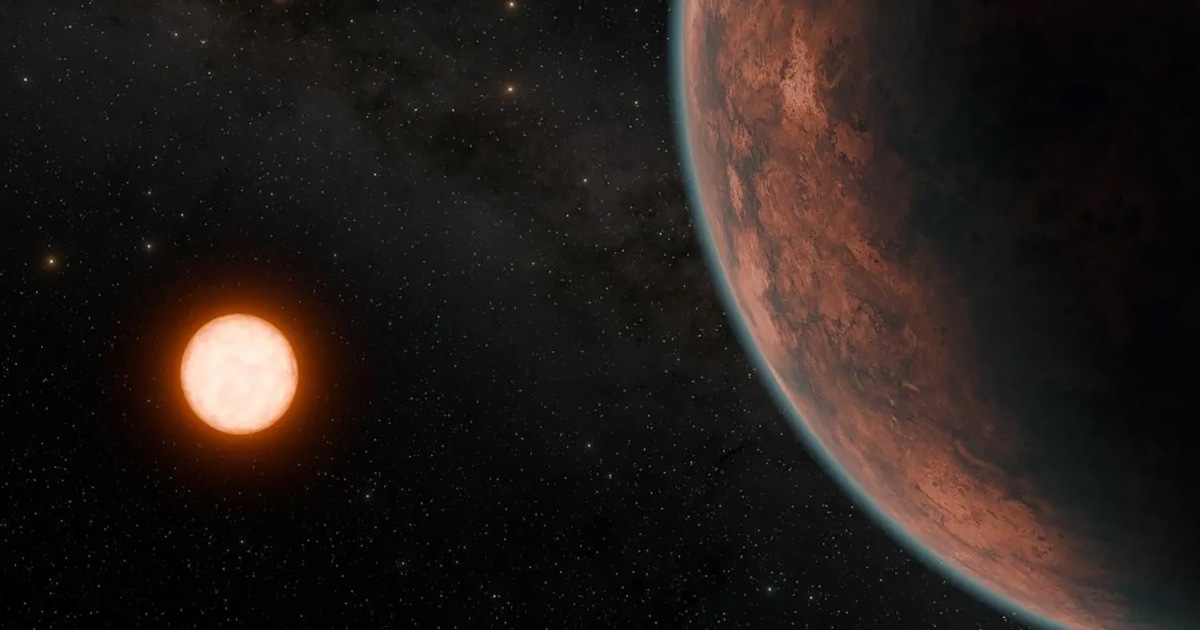
Dubbed Gliese 12 b, the planet takes 12.8 days to orbit a star that is 27% of the sun's size. The planet is about the size of Venus, so slightly smaller than Earth, and may be temperate enough to support life, the researchers said.

Astrophysicists discovered that an exoplanet is covered with so many active volcanoes that seen from a distance it would take on a fiery, glowing-red hue.
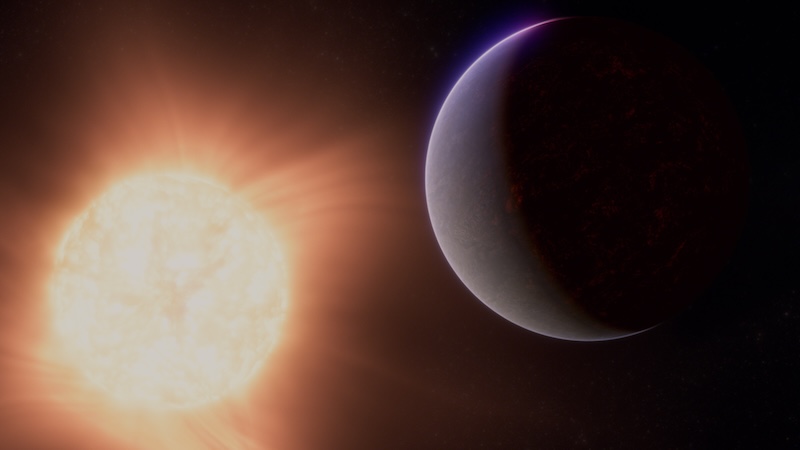
For the first time, astronomers say that they have detected a possible atmosphere on a rocky exoplanet. This smaller rocky world, 55 Cancri e, is only 41 light-years from Earth. But unlike our planet it is extremely hot.
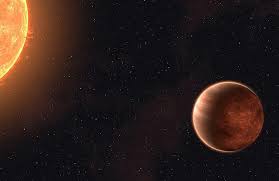
Using the James Webb Space Telescope (JWST), a team of astronomers, including scientists from MPIA, constructed a global temperature map of the hot, gas giant exoplanet WASP-43b.

Exoplanet TOI-6713.01 experiences 10 million times more tidal energy than Io, resulting in a 2,300 degrees Celsius surface temperature. This means the planet literally glows at optical wavelengths.

A world infamous for its hellacious conditions may have just been seen spotting one of the prettiest phenomena ever to grace Earth's own atmosphere.

The vast majority of exoplanets are uninhabitable. For the few that may be habitable, we can only determine if they are by examining their atmospheres. LIFE, the Large Interferometer for Exoplanets, can help.

If confirmed, these would be the first directly-imaged planets that are similar to the giant planets in our own Solar System, and they would demonstrate that widely separated giant planets like Jupiter survive stellar evolution.

A “super-Earth” ripe for further investigation orbits a small, reddish star that is, by astronomical standards, fairly close to us – only 137 light-years away.

We don’t usually think of planets as having tails, like comets, but sometimes they do. One giant hot Jupiter exoplanet WASP-69b has a tail of gas much longer than previously estimated.

Astronomers using NASA's Hubble Space Telescope observed the smallest exoplanet where water vapor has been detected in the atmosphere.

Using the TESS space telescope, astronomers detected an exoplanet with a perpetual lava hemisphere.